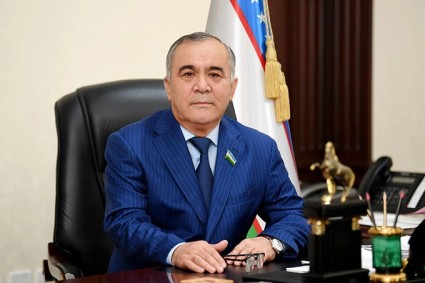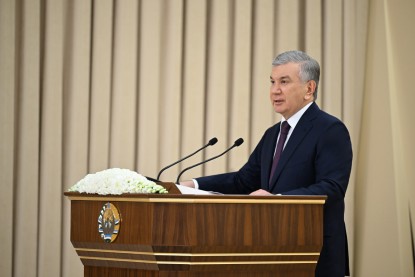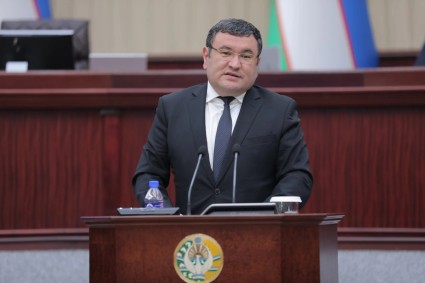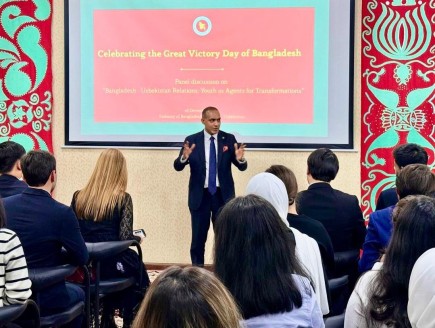On Jan. 7 experts of the Smithsonian Institution (USA) arrived in Uzbekistan to study Uzbekistan’s cultural and civilizational heritage and discuss the implementation of the scientific tourism development project.
According to the Embassy of Uzbekistan in Washington, until January 15, experts of the Institution will hold a number of meetings in the ministries of culture, economy, foreign affairs, the Committee for Tourism, the Association of Travel Agencies, museums and educational institutions in Uzbekistan. It is planned to discuss the potential and prospects for further development of Uzbekistan’s tourist industry.
The project is financed by the European Bank for Reconstruction and Development (EBRD) and aims to conduct research in Tashkent and Khiva cities, with reports to be prepared including assessments and recommendations for developing tourism in these cities.
The Smithsonian Institution, established on August 10, 1846 "for the increase and diffusion of knowledge," is a group of museums and research centers administered by the Government of the United States.
The Institution has nineteen museums, nine research centers, and zoo include historical and architectural landmarks, mostly located in the District of Columbia. Additional facilities are located in Arizona, Maryland, Massachsetts, New Yor City, Pittsburgh, Texas, Virginia, and Panama.
The Institution has close ties with museums and libraries in Uzbekistan, with a number of experts and researchers having visited Uzbekistan since 2011, during which consultations and lectures on preservation and restoration of art, architecture and ancient manuscripts were held. The museums of the Smithsonian Institution reportedly have more than 1,500 artifacts associated with Uzbekistan’s cultural and civilizational heritage.














